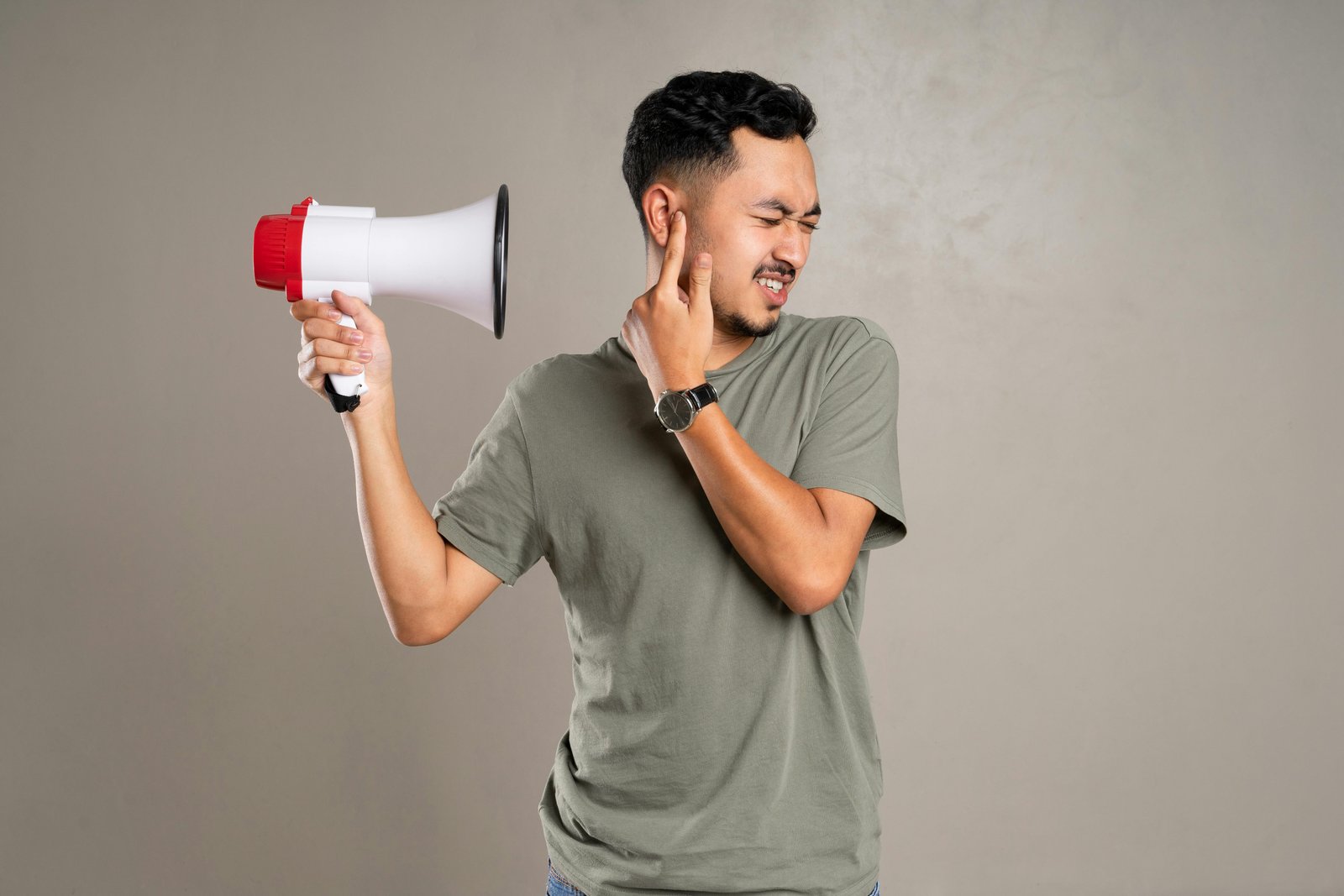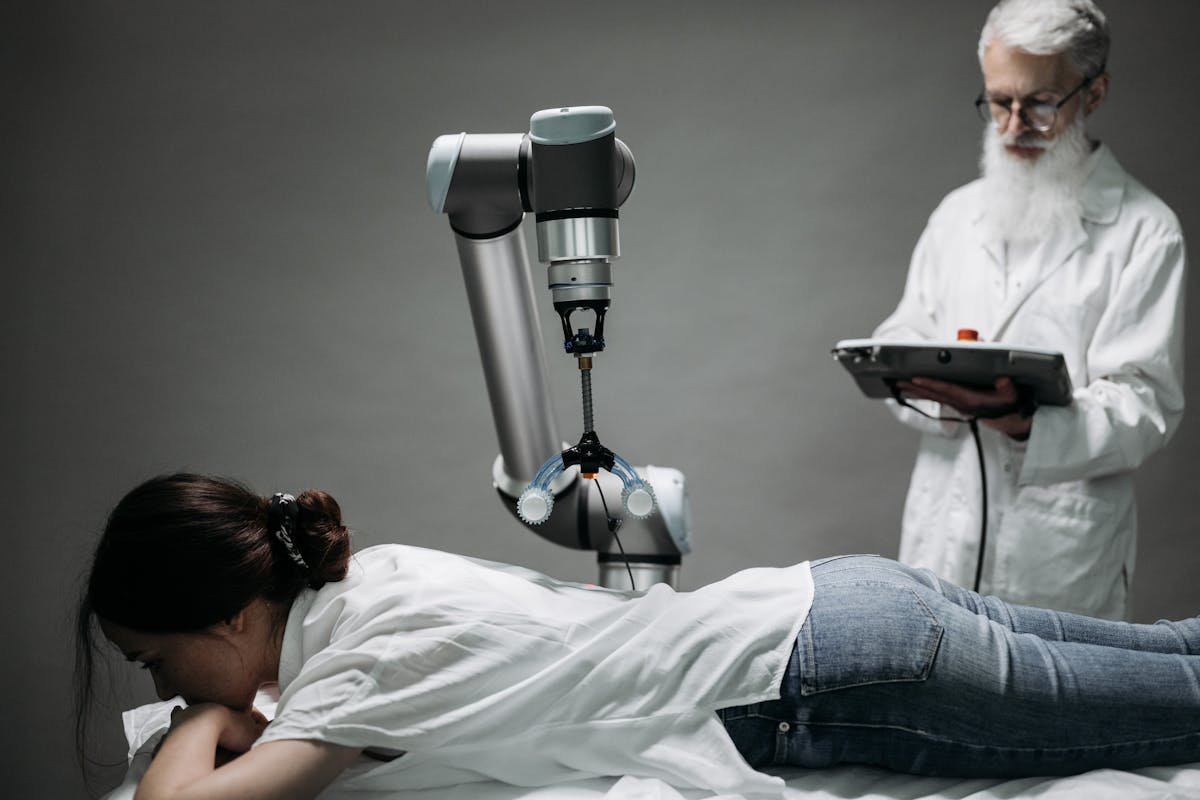Actions you may do to avoid hearing loss
Healthcare / Date: 05-14-2025

When you crank up the TV volume too much, does your family complain? Are you always asking people to repeat what they said because you didn't hear them properly? Does it seem like there's always a ringing in your ear? Then you should know that all of these things could be signs of hearing loss.
A reduction in the ability to hear, also known as hearing impairment, can occur to different degrees, compromising to a greater or lesser extent the perception of the environment, communication skills and relationships of the affected person.
What causes hearing loss?
Hearing capacity begins to decline naturally after the age of 50, so that at least half of people who reach 80 years of age have some degree of impairment.
Although this is an inherent factor of aging, there are other reasons that should be considered when it comes to what causes hearing loss, for example:
- Exposure to loud noise for long periods (headphones and work environment);
- Congenital malformations of the ear;
- Some viral infections, such as mononucleosis, influenza, herpes, chickenpox, meningitis and HIV;
- Some systemic diseases, such as thyroid problems, osteoporosis, diabetes , hypertension and obesity;
- Injuries, traumas and accidents;
- Inappropriate use of certain medications, such as acetylsalicylic acid, antibiotics and antidiuretics.
How to prevent hearing loss

Care to prevent hearing loss includes adopting daily measures, maintaining good general health and regular visits to an otolaryngologist. Check out the tips:
1. Use headphones safely
Continuous exposure to noise levels exceeding 80 dB (the volume of a blender) is sufficient to cause hearing damage, and modern headphones readily surpass this threshold.
To reduce the risk, it is necessary to take some precautions when using these accessories, for example:
- Keep the volume of your sound device below half of its total capacity;
- Make sure that people within 1 meter of you cannot hear the sound from your headphones;
- Don't sleep with headphones on;
- Choose good quality headphones that can isolate external noise.
2. Keep your distance from the speaker at concerts and parties
When attending musical events, try to stay away from the speakers. The characteristic buzzing sound that appears hours after concerts and parties can indicate hearing damage, and it may be necessary to consult an otolaryngologist.
3. Take special care if you work in a call center
Call center and telemarketing agents spend all day wearing headphones, which increases the risk of an irreversible condition known as noise-induced hearing loss (NIHL). In order to prevent this issue, it is advised that:
- Reduce the volume on your headphones as much as possible,
- Take ten-minute breaks for each hour of work.
4. Use ear protectors in noisy environments
Factory and construction workers are at high risk of noise-related hearing loss due to constant exposure to the noise of welding, drilling and machinery in general, and should wear ear protectors during work hours.
5. Stop using cotton swabs
Earwax is a substance naturally produced by the body with the aim of keeping the ears lubricated and preventing the entry of microorganisms, therefore it should not be removed without an evaluation by an otolaryngologist.
In addition to this reason to stop using cotton swabs, consider that they can also cause hearing loss by piercing the eardrum, damaging the inner ear canals and impairing the correct positioning of the ear bones.
6. Take care of your health and control chronic diseases
Although hearing loss is not one of the most well-known effects of chronic diseases, it can indeed occur. In the case of obesity, diabetes, hypertension and osteoporosis, for example, hearing loss is caused by impaired blood circulation in the small vessels of the ear.
Eating a balanced diet is one of the main pillars for preventing and controlling these diseases. In addition, hearing is directly benefited by the consumption of fruits, vegetables, legumes and nuts, which are rich in substances such as vitamin C, vitamin E and carotenoids.
7. Follow the treatments as recommended by your doctor.
Incomplete or inadequate treatment of infections such as flu , otitis, sinusitis and meningitis can lead to hearing loss. Therefore, it is necessary to follow medical recommendations and not replace them with home remedies.
Self-medication should also be avoided because some medications, when misused, can be toxic to the ears. This is the case with certain antibiotics (neomycin, gentamicin, erythromycin), furosemide and acetylsalicylic acid.
8. Consult your ENT specialist regularly.
Most people only seek out an otorhinolaryngologic when they already have some hearing impairment, which could perhaps have been avoided with early treatment or preventive measures.
Therefore, it is recommended to consult a doctor specializing in ear health if there is any type of discomfort, pain or ringing in the region, in order to prevent the problem from developing or getting worse.
Follow Us
Newsletter
Subscribe to our newsletter to stay updated with our latest news and offers.
We respect your privacy.Trending










